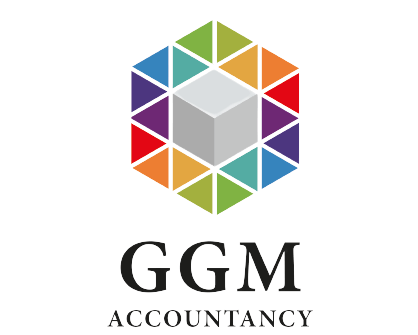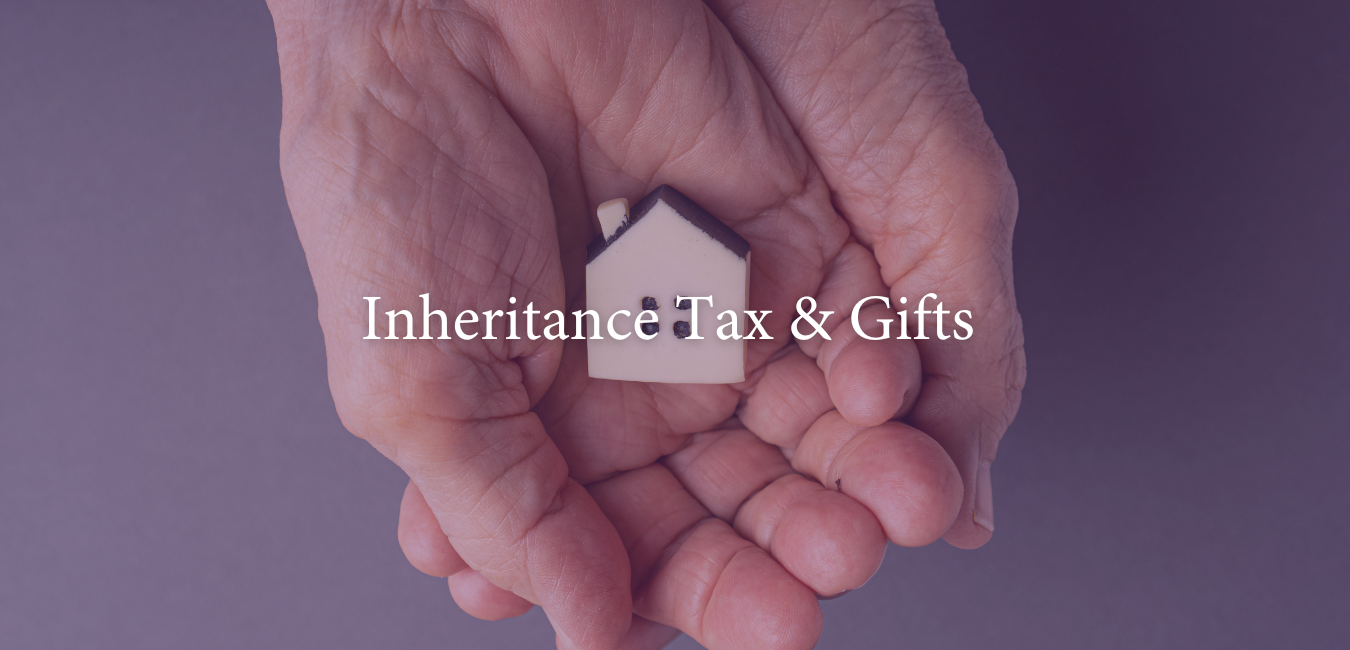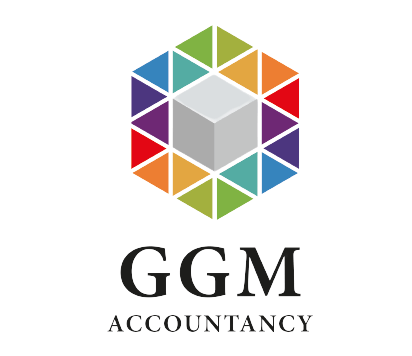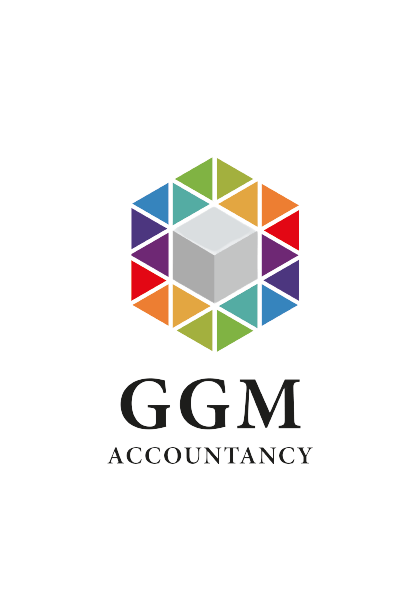Accounting Tips: The Essentials for Small Businesses
We all know how chaotic a business owner's life is already, and that adding bookkeeping work to the mix isn't going to make matters any easier. Whether you believe it or not, there are things you can do right now that are both quick and beneficial to your company's success.
Keep Your Personal and Business Finances Separate
Instead of putting your own money into a personal account, becoming a company owner entails combining business-related funds with your personal funds. Nobody wants to go through every single shopping list or individual transaction to find that one vital piece of company data. To keep things simple, create a new bank account for all of your business costs.
You'll be more organized as a result of this. Your personal funds remain private, and your business finances stay in your company account. There will be no more time lost looking through numerous transactions; it will be much easier.
Ensure Record Organisation
Some people can tolerate a little bit of disarray in their daily lives, but others find it difficult to focus if their papers are unorderly. That may be tolerable in your personal life, but don't allow it to get out of hand when it comes to your books; try to keep them well-organised so that you don't spend time looking for them all over the place.
Neater and more organised records help you save time searching and enable you to focus on what you need to accomplish. When it's time to file your taxes, you'll appreciate it if you made an effort to make sure your papers were tidy, neat, and much better organised.
Stick to Tax Deadlines
Do whatever it takes to help you remember that tax deadlines are fast approaching. Anything from phone reminders to a countdown will do the trick. A looming tax deadline may be stressful, especially if you're rushing because you forgot and any errors that might take longer to process.
It's a straightforward process. Keep track of the tax deadline, create a reminder so you can complete your taxes correctly without making any mistakes, and everything else will be simple. Nobody at HMRC will bother you; your records will be accurate, and you can focus on other things until the next deadline arrives.
Keep Your Receipts
While it's not necessary to keep and file each transaction's receipts, you should preserve any business-related purchase slips in order to claim for any company expenses. It all depends on the sort of business you run; if you work from home, for example, you can claim back household costs like stationery and postage. Maintain hold of any commercial items or payments and file them away in an organised way.
Budget for Tax
Even if you're doing well financially, you'll have to set aside money to pay taxes. Begin by preparing a budget for this as soon as possible. This way, you won't be surprised at the end of the year.
Set aside a portion of your income to pay off your tax debt as soon as feasible and enjoy the rest of your money if you have a savings account or something comparable.
Understand Tax Rules
You should know which taxes apply to you and your firm so that you know what types of tax you'll have to pay. Income tax, National Insurance, Corporation Tax, Value Added Tax (VAT), and business rates - you need to research all of them so that you know what you owe.
Profit & Loss Statements
A P&L statement is a "financial statement that summarizes the revenues, costs, and expenditures incurred throughout a specified time period, which is typically a quarterly or yearly accounting period. The profit and loss statement is identical to the income statement." These documents reveal whether or not a firm has the ability to create profit by increasing sales or lowering expenses.
Balance Sheets
Company directors must keep a balance sheet in good working order. A company's financial assets are recorded on its balance sheet, which is a comprehensive accounting of the firm's financial assets. As a result, it's critical to understand what should be included in a balance sheet and how it should be completed.
Menu
Get In Touch
Tel: 01733 247500
Email: admin@ggmaccountancy.co.uk
Office: Unit 12, Broadway Shopping Centre
Malting Square, Yaxley, Peterborough
PE7 3JJ
Sign Up To Our Newsletter
Contact Us
We will get back to you as soon as possible
Please try again later
Proud Partners Of
Menu
Get In Touch
Tel: 01733 247500
Email: admin@ggmaccountancy.co.uk
Office: 42 Tyndall Court, Commerce Road
Lynch Wood, Peterborough, PE2 6LR
Follow Us On Social Media
Sign Up To Our Newsletter
Contact Us
We will get back to you as soon as possible
Please try again later
All Rights Reserved | GGM Accountancy Ltd | Website designed by Onelink Media









